Announcing the EEF 2025 board election candidates
About the election
The Erlang Ecosystem Foundation is set up as a community organisation, to be run for and by the community. As such, the role of board member is assigned by a democratic process, where voting members get to run and vote for their preferred candidates.
The process to be followed is described in legalese in our bylaws, but this page will explain more clearly how we plan for this to be working forwards.
Important Dates
The following dates are important to the campaign:
- April 10th: Elections announced
- April 24th: Members can submit their candidacy
- May 8th: Last day to submit your candidacy and email acceptance ends at 23:59 UTC
- May 9th: Votes are open at 16:00 UTC
- May 16th: Votes are closed at 23:59 UTC
Election results will be announced as soon as possible after closing.
Do not forget to make sure you are a voting member to take part into the elections.
Who are the Outgoing Board Members?
While the founding members assigned themselves to be part of the board as part of the initial bootstrapping effort, the board has been randomly divided into three cohorts, A (containing 4 members), B (4 members), and C (3 members). To ensure continuity, only one cohort is re-elected each year. This means that you will be elected for 3 years at a time.
Here are the cohorts as defined until the next election with their present members:
A, to be re-elected in 2026, 2029, and every three years after:- Sebastian Strollo (current Secretary)
- Amos King
- Alistair Woodman (current President)
- Francesco Cesarini
B, to be re-elected in 2027, 2030, and every three years after:- Miriam Pena
- Peer Stritzinger
- Kiko Fernandez-Reyes
- Bryan Paxton
C, to be re-elected in 2025, 2028, and every three years after:- Maxim Fedorov
- Kenneth Lundin
- Ben Marx
For this year’s election, the members of cohort C are to be elected, so the seats of Ben, Kenneth, and Maxim are open.
How to Vote
You first have to have the right to vote, as a voting members. Voting members are members who have done the following:
- registered as a paying member paying their yearly membership or having paid for a lifetime membership
- acted as a contributing member, who has spent about 5 hours monthly working in a working group, and who has contacted us at voting@erlef.org to claim their voting rights
- A managing member, who leads a working group and who has contacted us at voting@erlef.org to claim their voting rights
The election will be open on May 9th 2025, from 16:00 UTC until May 16th 2025 at 23:59 UTC. On that day, a link will be sent to you to the address defined in your member profile. The link will forward you to a form, which will contain a list of all the candidates. Since three chairs are up for re-election, you will get to pick 3 candidates. Once you will have voted, you will not be able to change your votes. The candidates with the most votes will be part of the board for the next 3 years.
Who are the Current Candidates?
Lee Barney
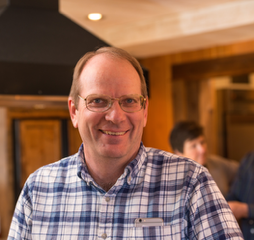
Throughout my tech career, I’ve worn many hats, from being a Junior Programmer to the CEO of a software company. I’ve been involved in everything from developing and engineering mission-critical software, to QA, Product, and Project Management for multiple software products. I’ve also been a consultant for software projects in multiple countries and for multi-national software companies.
I’m currently a Professor of Computer Science and Engineering at BYU-Idaho and love sharing the BEAM and its languages with upcoming developers. I actively oversee and contribute to open source projects and create LLMs designed to increase the uptake and use of BEAM languages.
The BEAM community is incredible. Everyone here is so welcoming and supportive. At this time, I love being a co-chair of the Education, Training, and Adoption Working Group and I actively participate in the Security and OpenRiak Working Groups. I’d be honored to serve on the board if elected.
Why vote for him?
I contribute a wide industry and academic set of experiences along with a considerable experience with using BEAM languages. The welcoming and supportive environment for new and existing community members is and must remain an integral part of the BEAM community as we grow.
And grow we shall.
Peter Ullrich
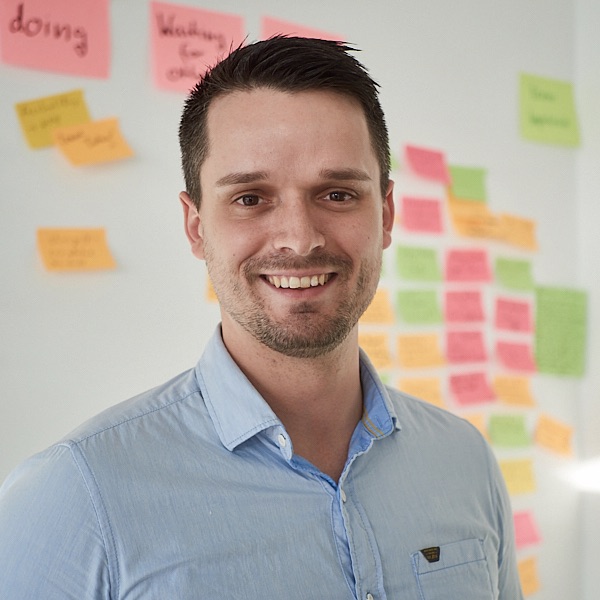
Peter Ullrich already shipped LiveView apps to production when Chris McCord still said: “Don’t ship LiveView apps to production! “ He has since shipped Elixir apps of all sizes, from weekend projects to systems that handled billions of dollars every month, from a one-person start-up to a unicorn with hundreds of engineers. As a late-comer to programming with a Psychology background, two years of experience in student politics and university programming, and an upbringing in the welcoming Python community, his dream is to make programming approachable for everyone. He loves sharing his Elixir knowledge through conference talks, blogs, videos, and podcasts. His specialty is breaking down complex topics into smaller and easy to understand parts.
Why vote for him?
The foundation of every great programming language is a great ecosystem, but having an amazing ecosystem like we have for the BEAM is not an end state. It requires constant shaping, support, and nourishment to stay great. It also requires a lot of thankless, but important work behind the scenes which the EEF has graciously taken on in addition to reacting to industry changes to guide the ecosystem into a successful future. I’m extremely grateful to the EEF and the BEAM ecosystem and hope to contribute to its future with my knowledge and diverse experience.
Lars Wikman

From a small northern town in Sweden. Self-taught web developer turned backend developer and now focused on IoT. Runs the consultancy Underjord focused on Elixir. Active member of the Nerves team. Co-founder of NervesCloud. Podcaster on BEAM Radio. Frequent conference speaker. Occasional YouTuber. Always putting Elixir and the BEAM front and center in what I do, because I enjoy it.
Why vote for him?
As an ever-enthusiastic supporter of the BEAM ecosystem and Elixir in particular I want to help make sure the foundation runs smoothly and puts resources where they can make a difference. I am interested in adoption and outreach, I care about the marketing and education side as part of the public work I do. And my commercial interests are very invested in the embedded and security side. My hope is that I can help show what the foundation is up to which I’ve found a little bit unclear as a regular member.
Zach Daniel
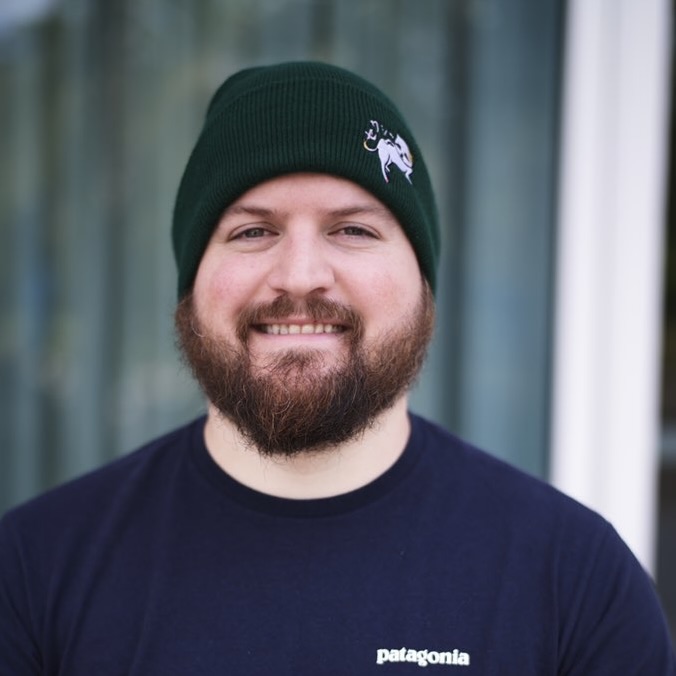
Zach has been a member of the Elixir open source ecosystem for over 10 years, and is the author of multiple popular open source Elixir packages including Ash Framework and Igniter. He has contributed to many more packages, like Phoenix, Ecto and even Elixir itself. He speaks about Elixir at conferences around the world, both within and outside the Elixir ecosystem.
Why vote for him?
I have a long record of putting my time and money where my mouth is for the better of the Elixir ecosystem. I’m a strong believer in Elixir, BEAM and the mission of the EEF, and I will continue to fight for its bright future, on or off the EEF Board.
Jim Freeze
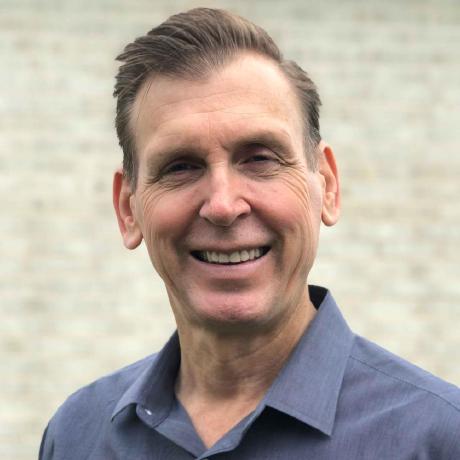
I’m a dedicated Elixir advocate with a passion for building vibrant, inclusive tech communities. As an active contributor, I’ve developed open-source Elixir projects, organized major conferences like Lone Star ElixirConf and ElixirConf US and EU, and supported regional planners in launching their own Elixir events. My work includes mentoring developers and introducing Elixir and Phoenix to enterprise organizations, helping teams harness the power of the BEAM ecosystem.
Why vote for him?
Running for the Elixir/Erlang Foundation Board, I’m committed to strengthening our community through accessible education, diverse participation, and innovation. I’ll advocate for resource allocation to empower developers and businesses, ensuring the foundation’s mission thrives. With a collaborative spirit and proven leadership, I’m eager to serve.
Powell Kinney
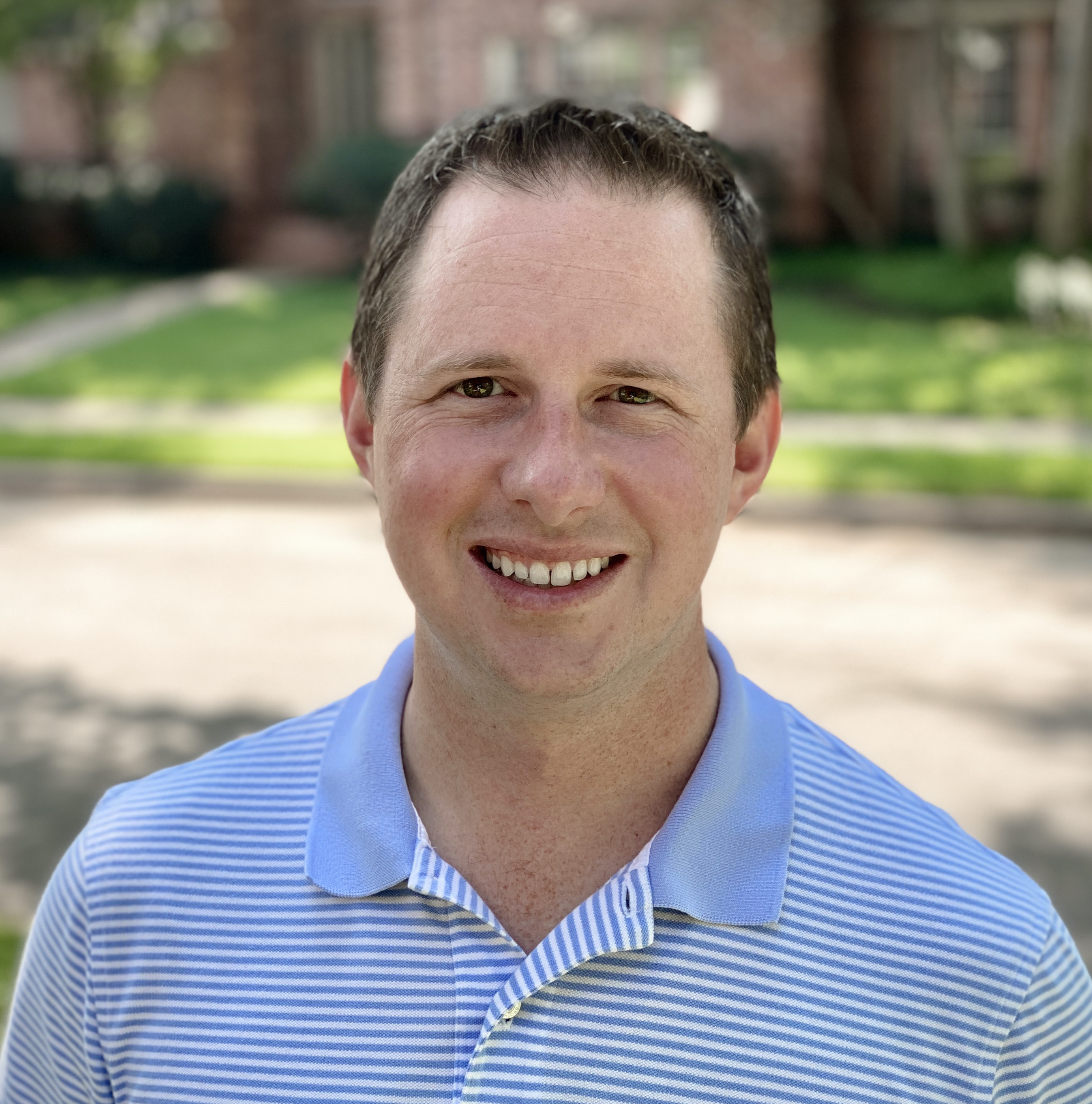
Powell has been building products and leading teams with Elixir since 2016. He has served as Chief Product Owner at Toyota Connected and as CTO at multiple startups—each lending much of their successes to the BEAM. Today, Powell is Vice President of Technology at TSS, where he uses Elixir, Phoenix, and LiveView to power real-time logistics systems for the energy sector. Powell maintains several open source Elixir libraries, primarily focused on GIS and hardware drivers for Nerves, and previously served as an editor on the W3C Automotive Working Group. He has presented at NervesConf, ElixirConf, and a handful of other Elixir conferences. Throughout his career, he has championed Elixir and Erlang in production, grown teams around them, and is always searching for new areas in which to leverage their capabilities.
Why vote for him?
The BEAM has been central to my career—powering production systems across sectors and shaping how I build products and lead teams. I’m running for the EEF Board to give back to the community that has given me so much. I bring experience serving on boards of both startups and non-profits, and I believe strongly in prudent governance, transparency, and data-informed decision making. My goal is to help the ecosystem grow sustainably, support working groups effectively, and ensure the community continues to thrive as these tools expand into new domains.